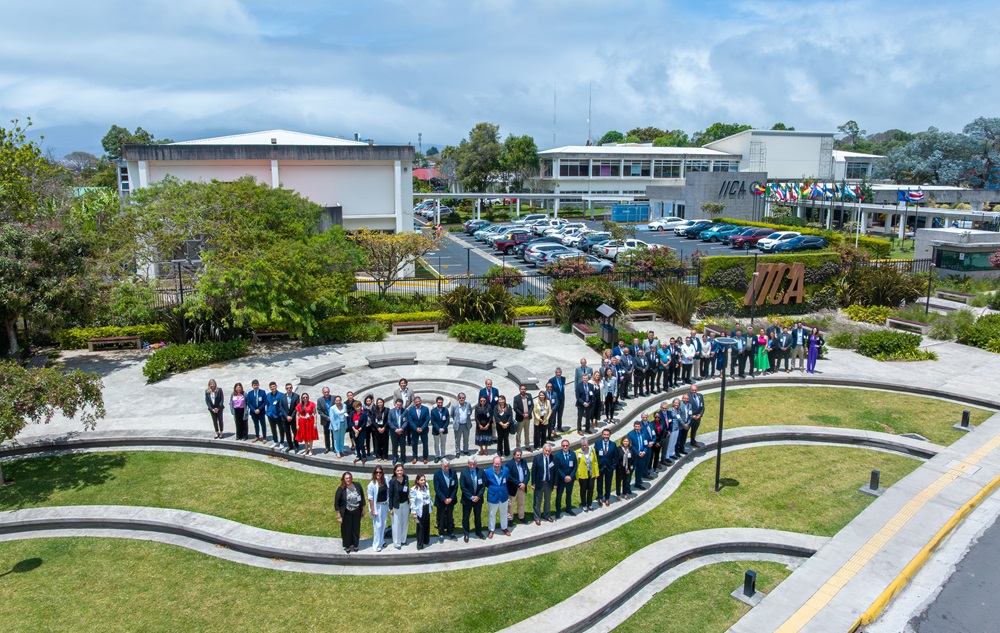
CABI has been busy working to strengthen regional collaboration in Latin America, helping to advance sustainable agricultural production and food security, including the development of more environmentally friendly methods to combat crop pests and diseases.
Dr Yelitza Colmenarez, CABI’s Centre Director, Brazil, took part in the Second Regional Dialogue on Science, Technology and Innovation in Agri-Food Systems in Latin America and the Caribbean, where she promoted CABI’s work in the region.
At the Inter-American Institute for Cooperation on Agriculture (IICA) headquarters in Vázquez de Coronado, San José, Costa Rica, the event focused on creating a strategic action plan for science, technology, and innovation (STI) in agriculture and food systems across the Americas.
Opportunity to discuss potential collaboration
This provided Dr Colmenarez with the opportunity to discuss potential collaboration with the Cooperative Program for the Development of Agri-Food and Agro-Industrial Technology in the Southern Cone (PROCISUR), which contributes to fostering collaborative research and development among Southern Cone countries.
She also introduced the PlantwisePlus programme – which aims to reach smallholder farmers with the knowledge and skills they need to improve their yields and livelihoods – and the CABI BioProtection Portal that is the largest open-access global resource for registered biocontrol and biopesticide products and information.
This dialogue brought together members of the scientific community and executive secretaries of American cooperation mechanisms for science, technology and innovation in agri-food systems, authorities from national agricultural research and technology institutes of the countries of the Americas.
These include the National Institute of Agricultural Technology (INTA) of Argentina, the Institute of Agricultural Research (INIA) of Chile, the Brazilian Agricultural Research Corporation (EMBRAPA), representatives of farmers’ organizations, and entities such as CABI, the CGIAR and the International Food Policy Research Institute (IFPRI), CARDI, among others.
Platform gathers and shares knowledge, best practices, and lessons learned
They sought to strengthen cooperation by building a platform that gathers and shares knowledge, best practices, and lessons learned to promote dialogue and collaboration in STI.
Dr Colmenarez said, “Food security and sustainable production are shared responsibilities. Collaborative platforms transform isolated efforts into collective impact, making it possible to feed the world while preserving our planet”.
“CABI is pleased to be part of these collaborative platforms as they are essential for addressing food security and promoting sustainable agricultural production, especially in Latin America”.
“These platforms facilitate the exchange of knowledge, innovations, and best practices among scientists, farmers, policymakers, and industry leaders.”
She added that they foster regional and global coordination to tackle diverse environmental and social challenges, while also empowering local communities by integrating traditional knowledge with scientific research.
“This inclusive approach ensures that solutions are both effective and culturally appropriate,” Dr Colmenarez said.
Cooperation among stakeholders in agricultural research and innovation
One example of a regional platform is the Forum of the Americas for Agricultural Research and Technological Development (FORAGRO) which promotes dialogue and cooperation among stakeholders in agricultural research and innovation across the Americas.
It serves as a strategic space to align regional priorities and strengthen institutional capacities.
Similarly, PROCISUR further contributes by supporting joint initiatives that enhance technological innovation and sustainability in agri-food systems.
Chile plays an important role within PROCISUR. As a member, Chile contributes through its national agricultural research institute, INIA, which actively participates in joint projects focused on sustainable production, climate resilience, and technological development in agri-food systems.
Monitor progress, ensure accountability, and enable rapid responses to crises
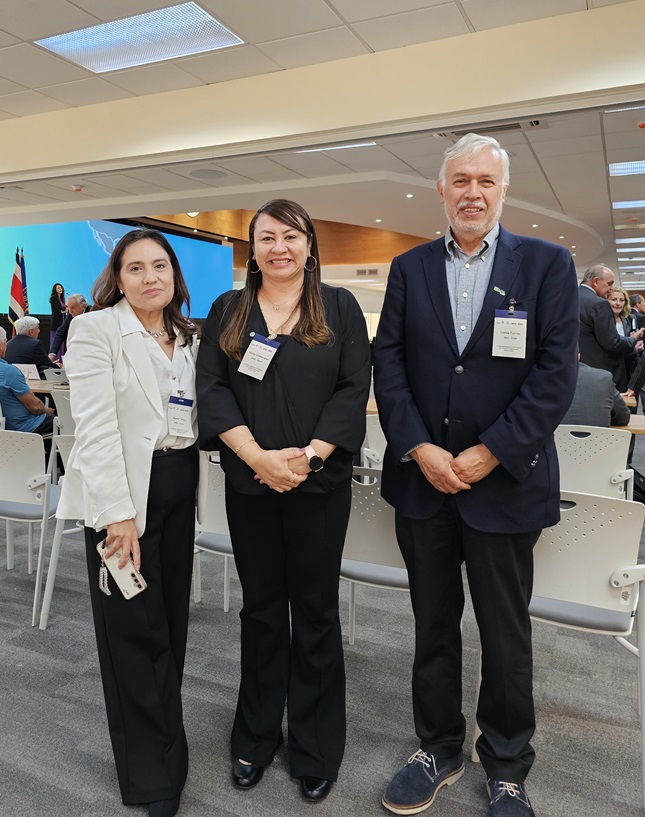
Chile’s involvement in PROCISUR reflects its commitment to regional cooperation and knowledge exchange. Through this platform, Chile collaborates with neighbouring countries to address shared challenges such as climate change, food security, and rural development.
PROCISUR enables Chilean researchers and institutions to co-develop solutions, share best practices, and strengthen innovation capacities across borders.
Together, these platforms help monitor progress, ensure accountability, and enable rapid responses to crises such as climate shocks or pandemics. Ultimately, they transform isolated efforts into collective impact, helping to feed growing populations while preserving ecosystems and natural resources.
During the Dialogue, Dr Colmenarez had the opportunity to interact with member countries, including Chile, represented by his Director and Vice-President of PROCISUR, Dr Carlos Furche, and Dr Maria Teresa Pino, Head of INIA´s International Affairs Division.
Excellent opportunity to review further lines of collaboration
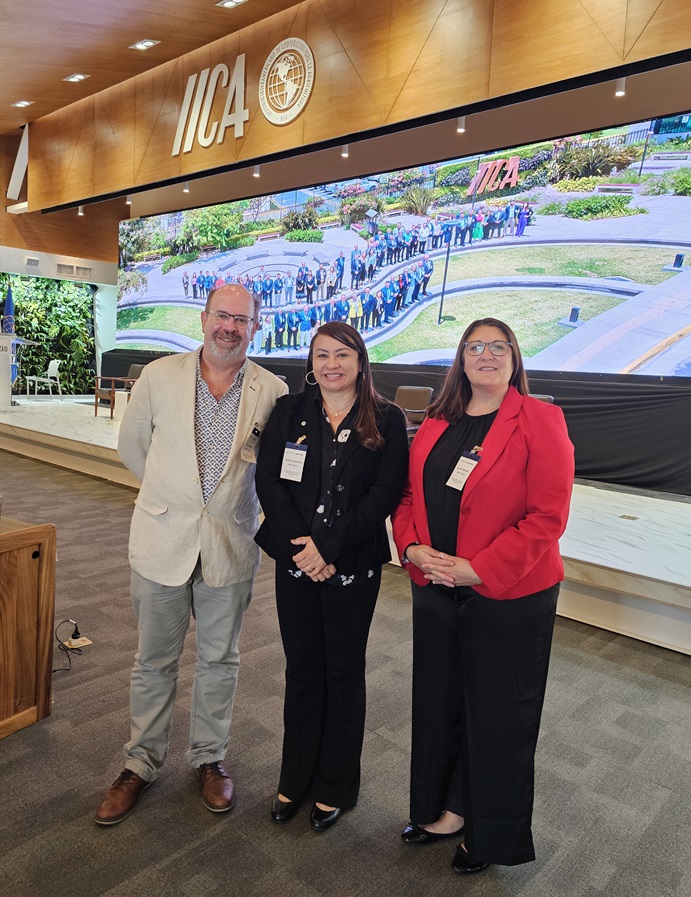
Dr Colmenarez said, “It was an excellent opportunity to review further lines of collaboration, aiming to reinforce Food Security and Sustainable Production at the national level.
“Brazil also plays an active and significant role in PROCISUR, contributing through its national agricultural research institutions and policy frameworks that support regional collaboration.
“While PROCISUR itself focuses on cooperative innovation among Southern Cone countries, Brazil’s broader commitment to participatory governance and sustainable development aligns closely with the platform’s goals.”
Furthermore, Dr Colmenarez discussed potential collaboration with PROCISUR, represented by the president, Dr Silvia Massruhá, the Vice-president, Dr Carlos Furche and the Executive Secretary, Dr Cecilia Gianoni.
PROCISUR is an institutional instrument for integrating and coordinating the National Agricultural Research Institutes of Argentina, Brazil, Chile, Paraguay, and Uruguay, as well as the IICA.
Uruguay is a founding and active member of PROCISUR. Uruguay contributes through its national institute, INIA, which plays a central role in collaborative research and innovation efforts.
PROCISUR supports Uruguay’s participation in strategic areas such as sustainable intensification, climate change adaptation, family farming, and institutional development. These themes are aligned with Uruguay’s national priorities and its commitment to sustainable agri-food systems.
It is hoped that, after meeting with INIA-Uruguay President, Dr Miguel Sierra and Lic. Veronica Muselli, Uruguay may also be served by the CABI BioProtection Portal whose mission is to raise awareness and encourage the adoption of bioprotection among growers and advisors.
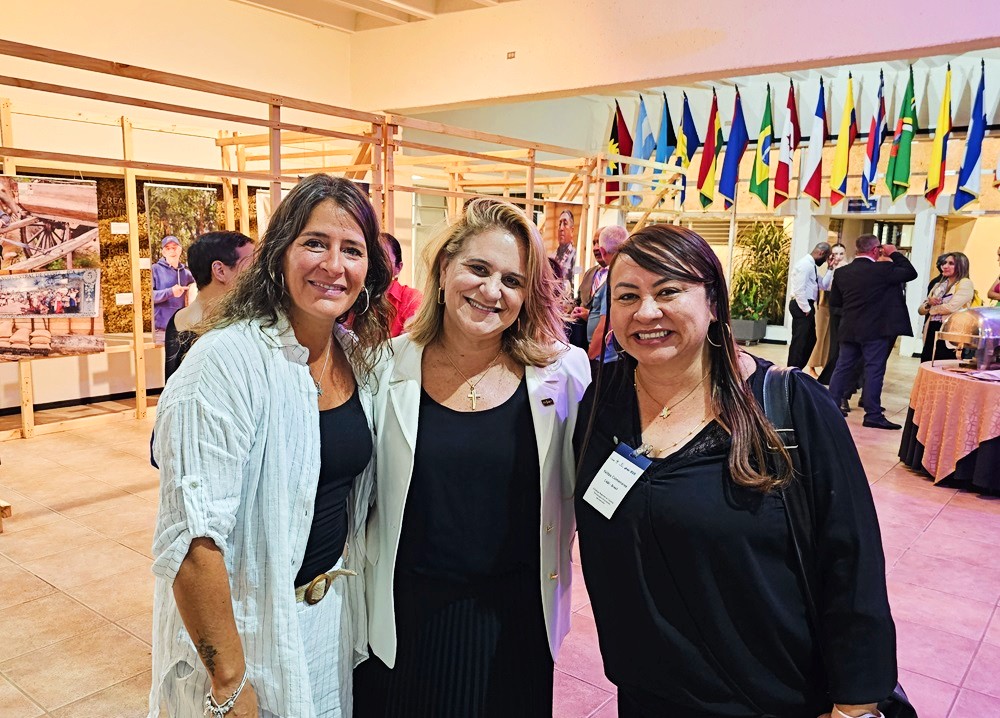
Additional information
Main image: Participants of the dialogue at the IICA headquarters in Costa Rica.
1 Comment
Leave a Reply
Related News & Blogs
Advancing sustainable agriculture: CABI BioProtection Portal highlighted at rural pharmacies event in Brazil
The CABI BioProtection Portal – the largest open-access global resource for registered biocontrol and biopesticide products and information – has been highlighted at a rural pharmacies event in Brasília, Brazil. The term ‘Rural pharmacy’ refe…
9 September 2025


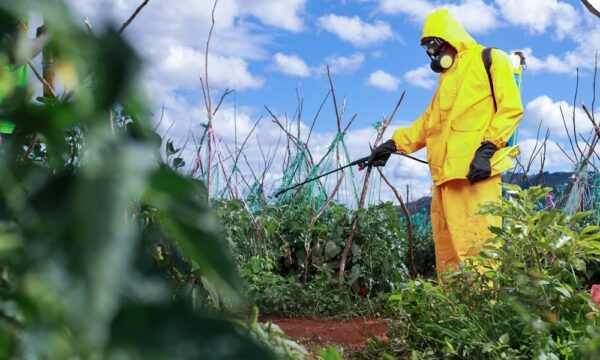
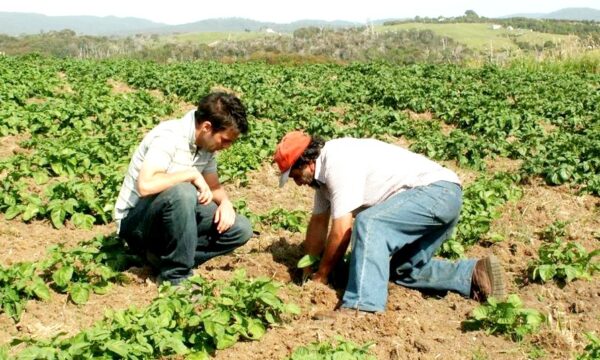

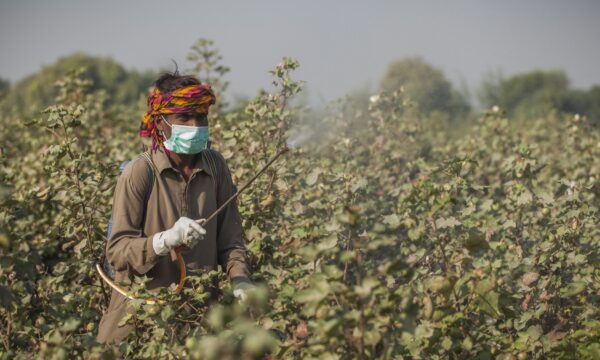
Great to see CABI fostering regional collaboration in Latin America to drive sustainable agriculture and strengthen food security